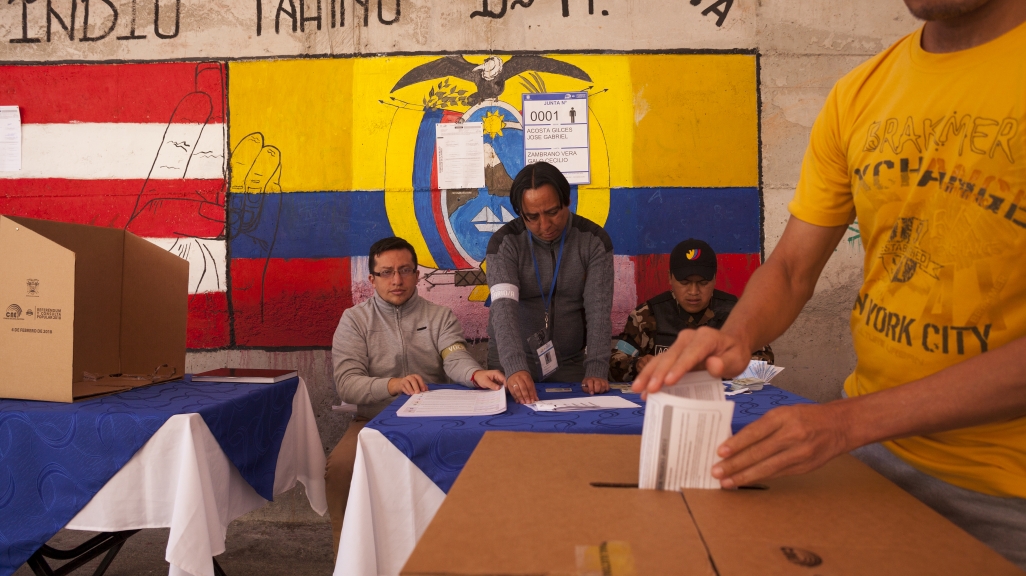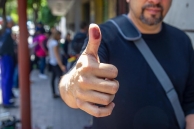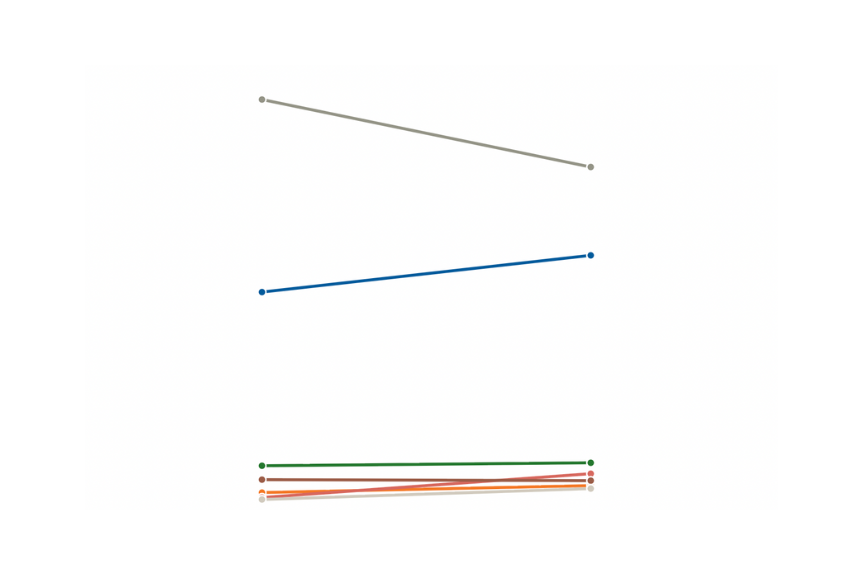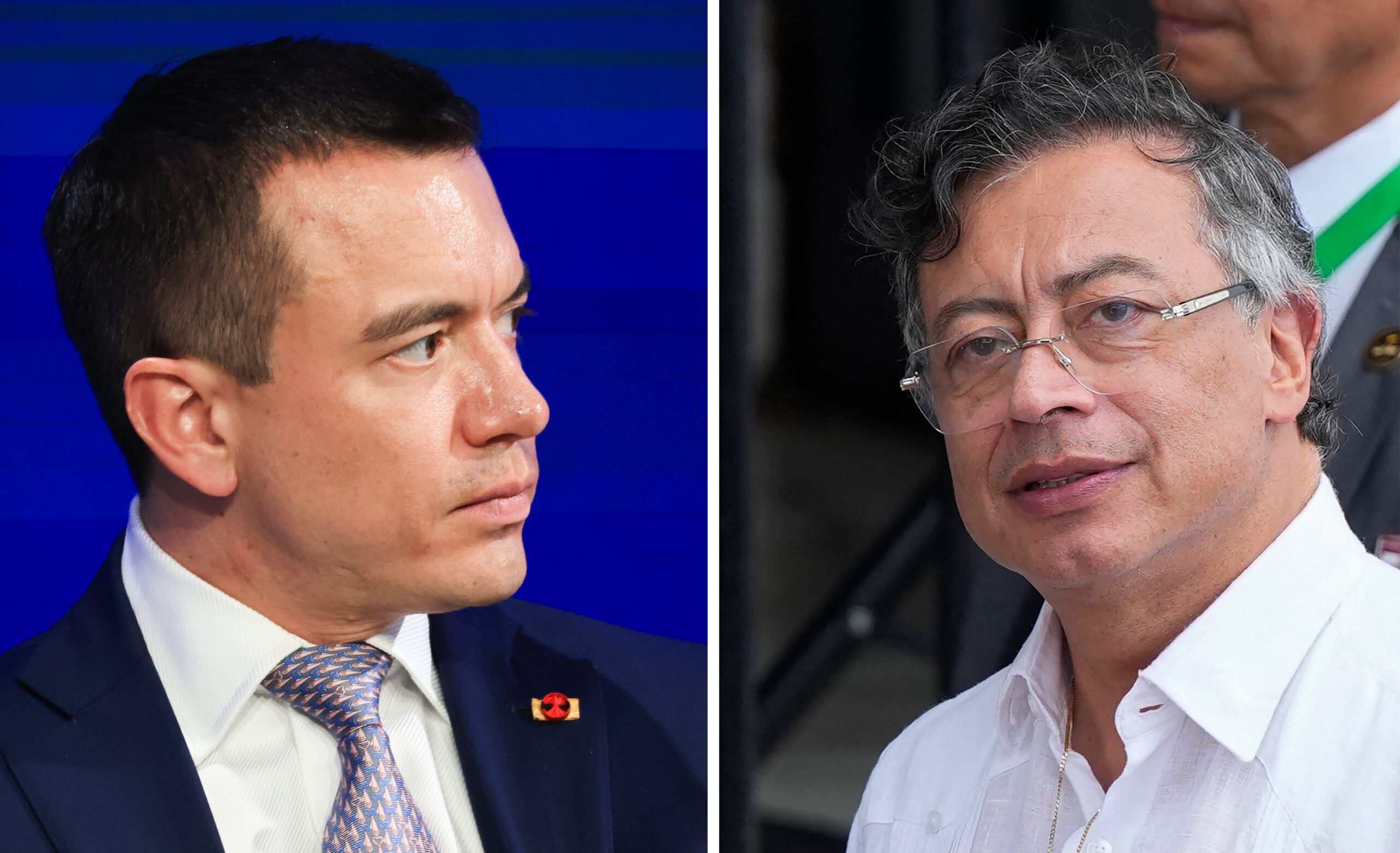Explainer: Ecuador’s 2021 Presidential Elections
Explainer: Ecuador’s 2021 Presidential Elections
Amid coronavirus and economic concerns, Ecuadorans pick a new legislature and hold a first-round presidential vote February 7.
Ecuadorans head to the polls February 7 to elect a new president, vice president, all 137 members of the unicameral National Assembly, and five members of the Andean Parliament. A potential presidential runoff is scheduled April 11 if no candidate is able to secure 40 percent in the first round, in addition to being 10 percent ahead of the nearest rival.
The country has over 13 million registered voters, including 410,000 living abroad. Voting is mandatory for literate citizens aged 18 to 65. In the previous presidential election four years ago, turnout was close to 80 percent of registered voters.
This article was originally published on January 22 and has since been updated.
Nine Latin American countries hold elections this year, with five—Chile, Ecuador, Honduras, Nicaragua, and Peru—selecting presidents.










